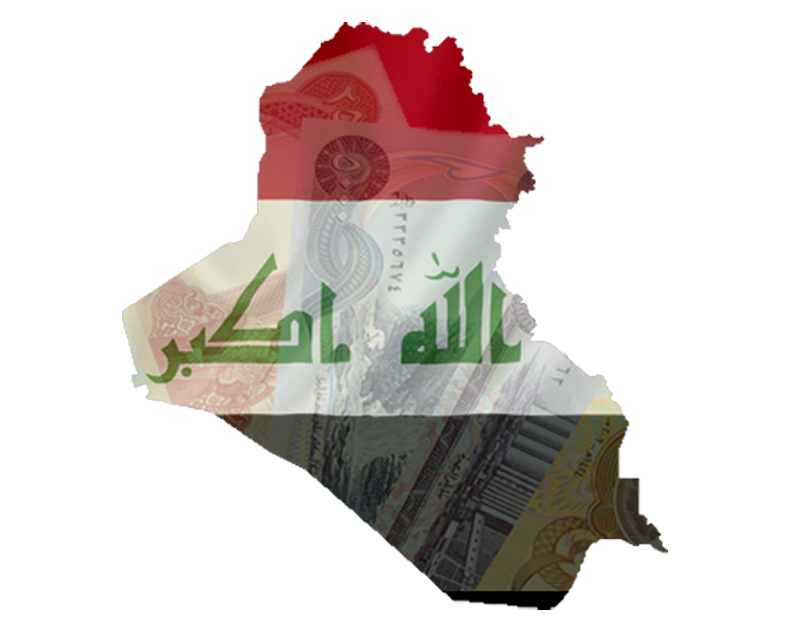 The
Governments of the Republic of Iraq and the United States of America
reaffirmed their strategic partnership during a meeting of the Political
and Diplomatic Joint Coordination Committee (JCC) on August 15, in
Washington, DC.
The
Governments of the Republic of Iraq and the United States of America
reaffirmed their strategic partnership during a meeting of the Political
and Diplomatic Joint Coordination Committee (JCC) on August 15, in
Washington, DC.
This
meeting, held at the Department of State, was co-chaired by Secretary
Kerry and Iraqi Foreign Minister Hoshyar Zebari. This is the fourth
meeting of the Political and Diplomatic JCC since it was established by
the 2008 Strategic Framework Agreement (SFA) to strengthen the U.S.-Iraq
bilateral and strategic partnership.
The
United States offered its full support for Iraq’s efforts to strengthen
ties within the region. Since the last meeting of this JCC, Iraq and
Kuwait made impressive strides before the United Nations, resumed
commercial flights between Kuwait City and Baghdad, and completed
maintenance of the border pillars along their shared border. The United
States was proud to support these diplomatic achievements, which
required difficult decisions on both the Iraqi and Kuwaiti sides and
have contributed to regional peace and stability.
The
United States further reiterated its strong support for Iraq’s efforts
to increase and deepen dialogue with other regional partners, and
emphasized the importance of working together to bolster moderate forces
and isolate extremists in the region. The United States also
congratulated Iraq on the strong participation by Iraqi Security Forces
in joint regional military exercises, such as the recently completed
Eager Lion exercise in Jordan. The United States further affirmed its
strong commitment to help the Government of Iraq defeat al Qaeda and
other terrorist groups that continue to threaten Iraq and the entire
Middle East region.
During
the meeting, the delegations discussed international efforts to address
the ongoing crisis in Syria and explored areas of potential
cooperation, particularly on humanitarian issues and consultation on
border security to prevent the infiltration of terrorist groups into
Iraq. Both sides affirmed their commitment to a Syrian-led political
transition leading to a pluralistic political system representing the
will of the Syrian people. The United States emphasized the importance
of providing refuge and services to those fleeing the violence in Syria.
The Iraqi side further reiterated its commitment to deter the transit
of weapons through its territory and welcomed in this regard the recent
notification to the U.S. Congress of the potential Iraqi purchase of an
integrated air defense system to fully protect its sovereign airspace.
Both
delegations emphasized their commitment to close and ongoing security
cooperation, noting in this regard the Memorandum of Understanding on
security cooperation signed at the Defense and Security JCC in December
2012, the inaugural U.S.-Iraq Joint Military Committee (JMC) hosted by
U.S. Central Command in June 2013, and the more than $14 billion in
equipment, services, and training purchased by Iraq for its military and
security forces through the Foreign Military Sales program. Both
delegations pledged to enhance this cooperation in pursuit of their
joint interests in denying terrorists a safe haven anywhere within Iraqi
territory.
The
United States noted the provincial elections held in Iraq earlier this
year and discussed Iraq’s plans for national elections scheduled for
2014. The United States pledged to assist Iraqi implementation of this
next essential step in the development of Iraq’s democracy, noting its
commitment under the SFA to Iraq’s democratic development.
The
delegations also discussed President Obama’s decision to extend
extraordinary protections for the Development Fund for Iraq and
emphasized the close partnership that exists between Iraq and the United
States on macro-economic issues. The Iraqi side affirmed its commitment
to resolve outstanding claims over the coming months to set the
conditions for those extraordinary protections to expire in 2014. The
two sides also discussed the issue of energy diplomacy and the
importance to Iraq and to the global economy of ensuring a steady and
redundant supply of energy resources to global markets. This topic will
be addressed in further detail at the next Energy JCC to be held
pursuant to the Strategic Framework Agreement later this year.
The
United States praised the Government of Iraq in passing
anti-trafficking legislation and pledged its continued support for the
Government of Iraq’s efforts to combat trafficking in persons as well as
security for all Iraqis.
The
United States and the Republic of Iraq committed to continue
discussions of these issues through working groups and to convene the
next Political and Diplomatic JCC in Baghdad.
Source: U.S. Department of State